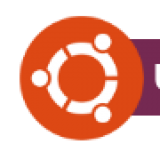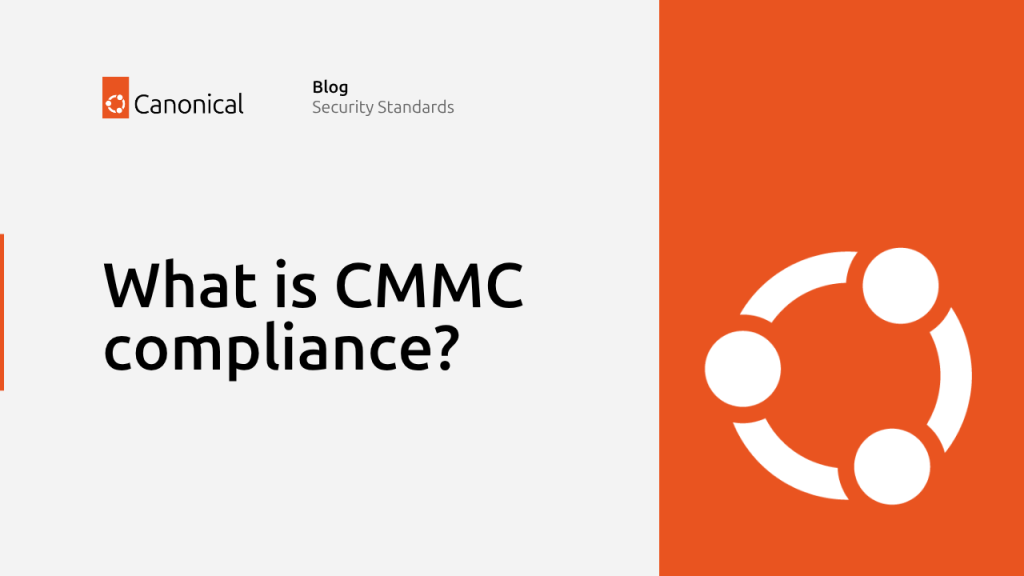Key Points
- CMMC 2.0 is now active: A new cybersecurity framework is in effect to protect sensitive information in non-federal systems, impacting Linux and Ubuntu users in the public sector.
- Ubuntu Pro meets CMMC requirements: Canonical’s enterprise-grade Ubuntu version includes features to help organizations comply with the new security standards.
- Three security levels to know: CMMC 2.0 introduces three tiers of security safeguards, affecting how organizations handle Federal Contract Information (FCI) and Controlled Unclassified Information (CUI).
Ubuntu Steps Up to Meet New Cybersecurity Standards
As of December 26, 2023, a significant update to the Cybersecurity Maturity Model Certification (CMMC) has taken effect, marking a crucial shift in how organizations protect sensitive information. CMMC 2.0 replaces its predecessor, aiming to enhance cybersecurity practices across the public sector and its industry partners. For Linux and Ubuntu users, particularly those engaged in federal contracts or handling sensitive data, understanding these changes is vital.
What is CMMC 2.0, and Why Does it Matter?
CMMC 2.0 is a security framework designed to safeguard Controlled Unclassified Information (CUI) in non-federal systems and organizations. It aligns with controls outlined in NIST SP 800-171 Rev 2 and NIST SP 800-172 families, which are widely recognized standards for information security. The update emphasizes adherence to rigorous cybersecurity policies, directly impacting organizations working within or alongside the public sector.
Ubuntu Pro: A Key Player in CMMC Compliance
Ubuntu Pro, the enterprise-focused version of the popular Linux distribution, has been tailored to meet the specific technology requirements outlined in CMMC 2.0. This is particularly relevant for Ubuntu users in the public sector or those handling Federal Contract Information (FCI) and CUI. By incorporating security features that directly address CMMC controls, Ubuntu Pro positions itself as a valuable tool for organizations seeking compliance.
Navigating CMMC Maturity Levels
CMMC 2.0 introduces three security levels, each with escalating requirements:
- Level 1: Safeguarding FCI – Requires annual self-assessments and basic security practices.
- Level 2: Protection of CUI – Involves more stringent controls and external assessments.
- Level 3: Enhanced Protection – Focuses on advanced security measures for high-risk environments.
Understanding these tiers is crucial, as they dictate the security scrutiny organizations must undergo based on the sensitivity of the information they handle.
Actionable Insights for Ubuntu and Linux Users
- Assess Your Compliance Needs: Determine which CMMC level applies to your organization based on the data you handle.
- Explore Ubuntu Pro: Evaluate how Ubuntu Pro’s features can support your CMMC compliance efforts.
- Stay Informed: Regularly update your knowledge on CMMC 2.0 and its implications for Linux and open-source software in the public sector.
As the cybersecurity landscape continues to evolve, initiatives like CMMC 2.0 underscore the importance of robust security practices. For Canonical’s ecosystem and the broader open-source community, this update presents both challenges and opportunities to demonstrate the viability of Linux and Ubuntu in high-security environments. By proactively addressing these new standards, Ubuntu users can reinforce their position in the public sector and beyond. Embracing these changes early on will be key to maintaining trust and competitiveness in a security-conscious landscape.
Upgrade your life with the Linux Courses on Udemy, Edureka Linux courses & edX Linux courses. All the courses come with certificates.

